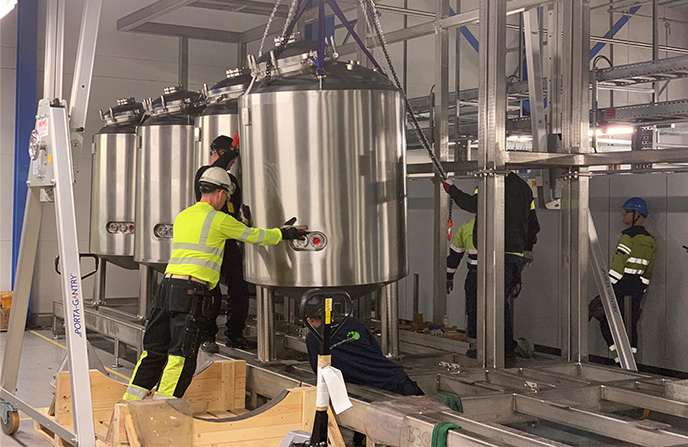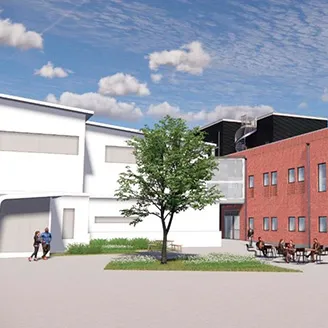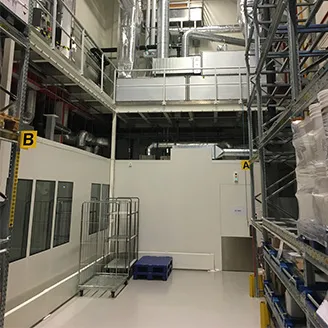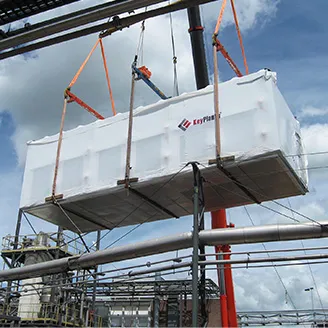Reference PROJECTS
Multi-product biomanufacturing facility
Project details
Project details
Client
Confidential Big Pharma
Location
Sweden
Market
Biologics / Process Technology Installations
Solutions we provided
Process simulation, design and project delivery including C&Q. Buffer hold, CIP, clean utility, change of process streams and upgrade of process automation system.
Turnkey de-bottlenecking solution doubles production
Turnkey de-bottlenecking solution doubles production
When a global biotech/pharma company wanted to increase production at a biomanufacturing facility in Sweden, it turned to KeyPlants for a turnkey solution to remove bottlenecks. The solution doubled production capacity.
Originally built more than a number of years ago to make a type of human hormone, it was rebuilt a few years later for a second product. Dissatisfied with production levels, the company approached KeyPlants to ask for a bottleneck analysis.
But how could KeyPlants work out the bottlenecks and how to solve them when the company that had been operating the plant for years was unable to? The team of skilled, experienced process engineers within KeyPlants was one success factor. KeyPlants also used its software to draw a whole picture of the process.
“There were a lot of steps in the process that had to be scheduled,” explains Per Isander, Senior Project Manager, Engineering, at KeyPlants. “You need to do your filling, your cleaning. You are transferring the fluid to the next steps in the process, et cetera. It's therefore a matter of identifying where you can find space to optimise the process schedule."
So KeyPlants mapped their whole process, created a digitised view of all the process steps and carried out a process analysis. It then identified specific bottlenecks in the client’s process.
“And then, where we could see where they had bottlenecks, we’d investigate de-bottlenecking. For example, can we do something about the cleaning of this vessel? Yes, we could add additional cleaning functionality. So, we add a pump, we add a vessel, et cetera.”
Turnkey offer wins the day
Turnkey offer wins the day
After step-by-step pre-studies and conceptual studies, KeyPlants presented budgets and recommendations for eliminating the bottlenecks. Then, in 2018, KeyPlants won a contract to take on the whole project in competition with three other EPC providers. Execution involved rebuilding the facility, installing new processing equipment and various upgrades to their automation systems – all on a turnkey basis.
“We took on the whole scope from design, to prefabrication, to installation, to start-up, all the way through to commissioning, and we handed it over after a qualification process,” Per says. “Some of the competitors only bid on the design portion, or just on the execution portion. We offered an overall package from start to finish.”
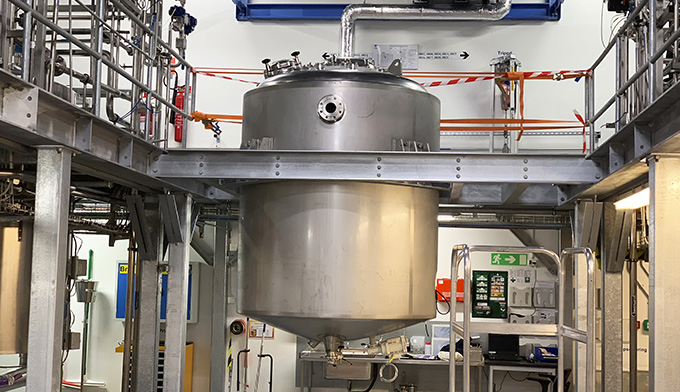
Doubled capacity
Doubled capacity
The result was a doubling of capacity. Feedback was positive, not only from the client at the plant but also from the company’s whole global engineering network, which was heavily involved in overseeing the project. The global team visited KeyPlants several times over the course of the project, and one of the biggest pieces of feedback at the end was about the benefit of working with a company that has everything under one roof – a one-stop shop.
“Our team had engineers, project management, procurement, all the way to CQV – the quality people who verify the process of working on documentation and also starting up the facility,” he says. “The client saw a big benefit in selecting us, because in a more typical project there would be a lot of handovers, one party to do the detail design, another party to do the construction work, a third party to do the qualification, et cetera.”
KeyPlants’ process knowledge enabled it to solve the problem and identify the bottlenecks in theory. Then it could specify the equipment that needed to change and install it in a redesigned, rebuilt process.
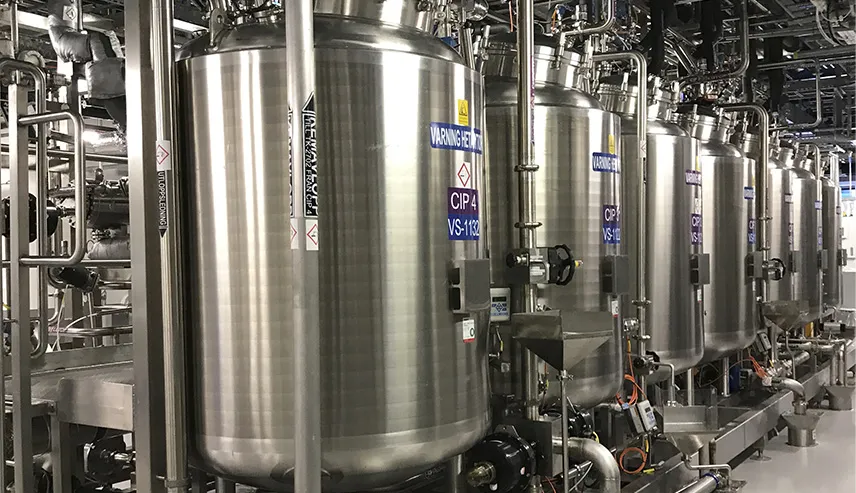
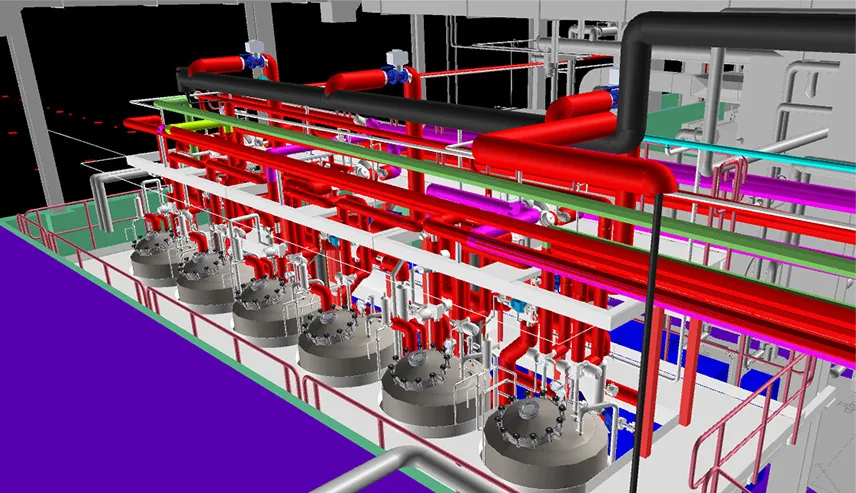
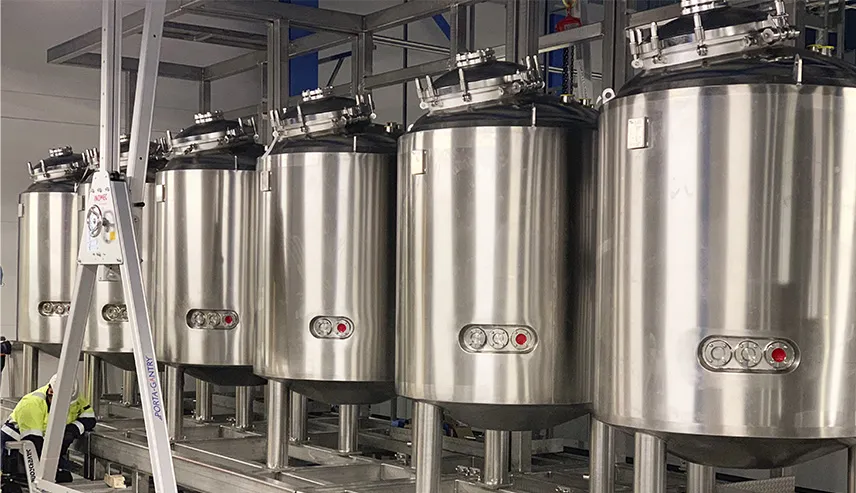
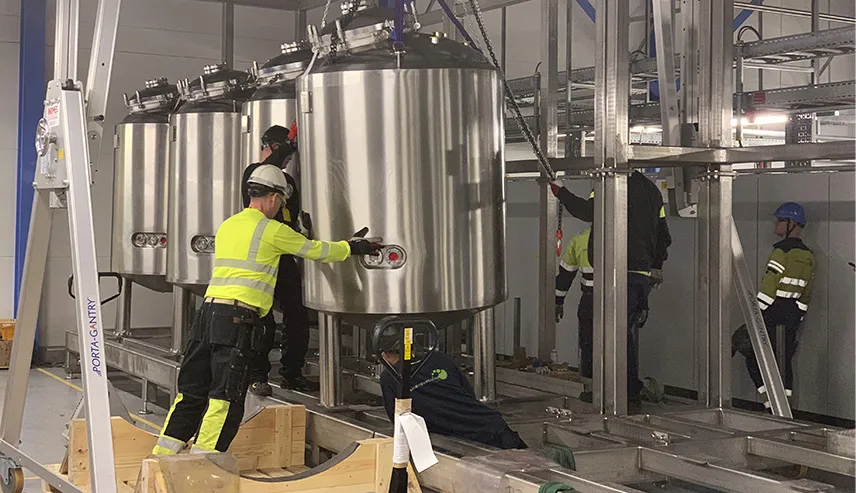
Constant flow of ideas – and “one combined team”
Constant flow of ideas – and “one combined team”
Another success factor was the tight co-operation between KeyPlants and the client, which enabled design development throughout the project. “We needed input constantly from the production personnel who were running the production on a daily basis,” Per recalls. “And also with their process engineers who were engaged in the project as well. So, there was a constant flow of ideas for improving the process further.”
For example, KeyPlants would print the process scheduling and check with the production personnel to see if it had understood the process correctly. Or ask how the production staff was cleaning a vessel, give its estimate of the time it would take, then confirm its estimate with the client.
“They could say how they were actually running the process,” Per explains. “So, we put their feedback into the process model.”
The client’s global team agreed that it was a very challenging project and said that KeyPlants and the plant operators had really good co-operation. “Their management started talking about one team – one combined team,” he says.
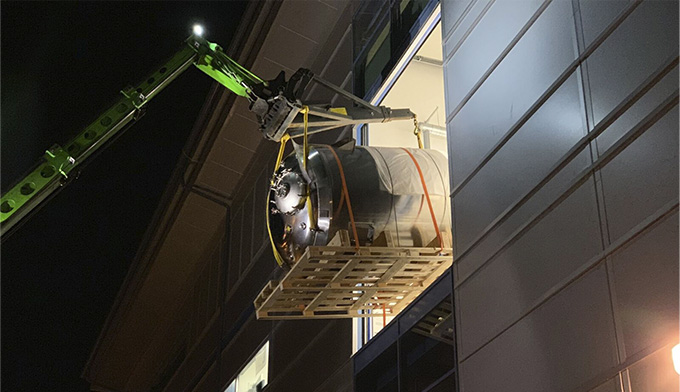 | 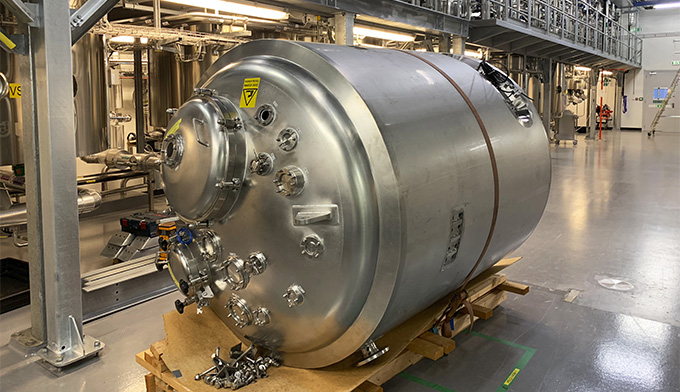 |
Fixing bottlenecks without disrupting production
Fixing bottlenecks without disrupting production
But understanding and de-bottlenecking the process on paper was only one challenge. KeyPlants also had to implement the solution – without disrupting the existing production.
“I think that by far the biggest challenge in this project was the limitation that we could not affect ongoing production,” Per says.
So how was KeyPlants going to implement changes at a plant operating at maximum capacity? By implementing all major changes during two, three-week periods of scheduled maintenance in the summer. And that took meticulous preparation.

